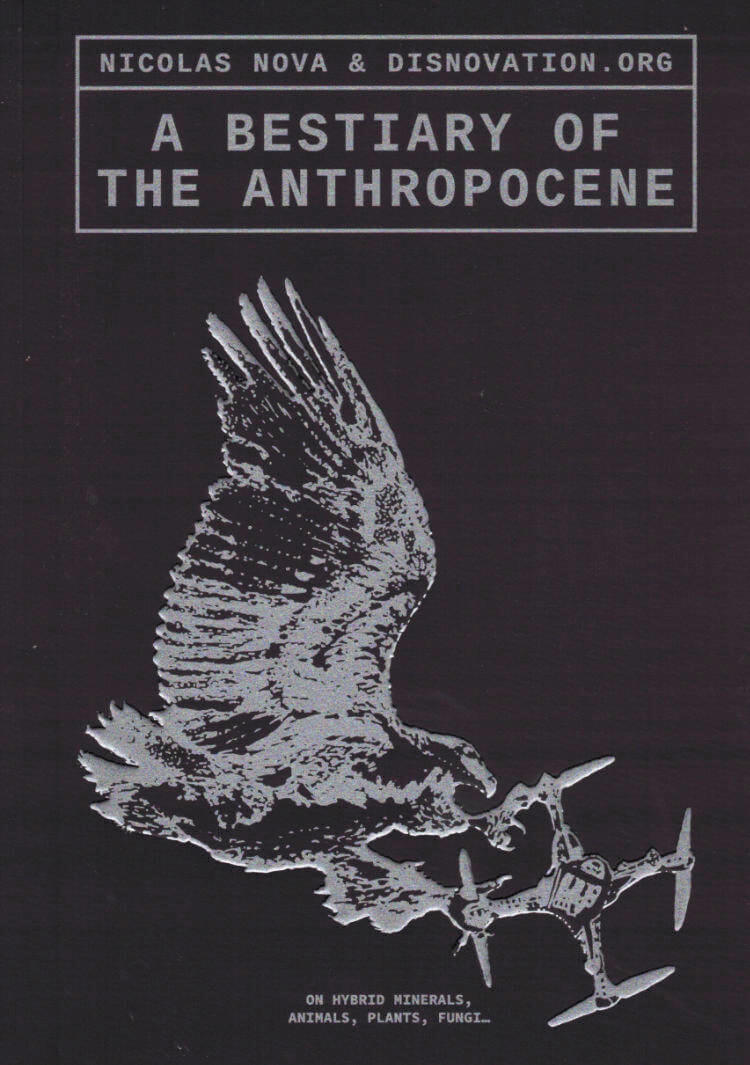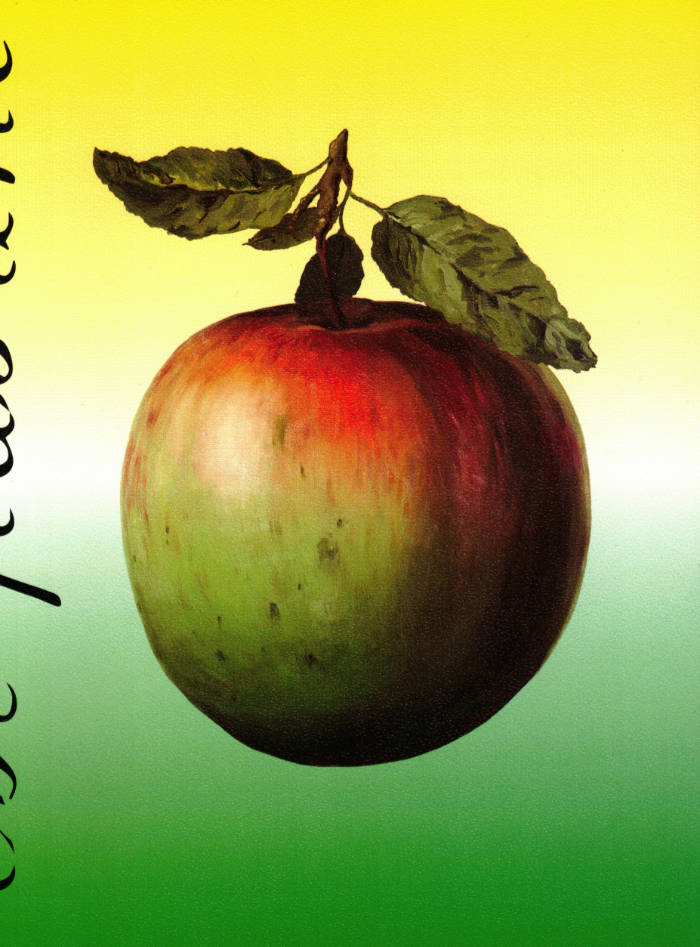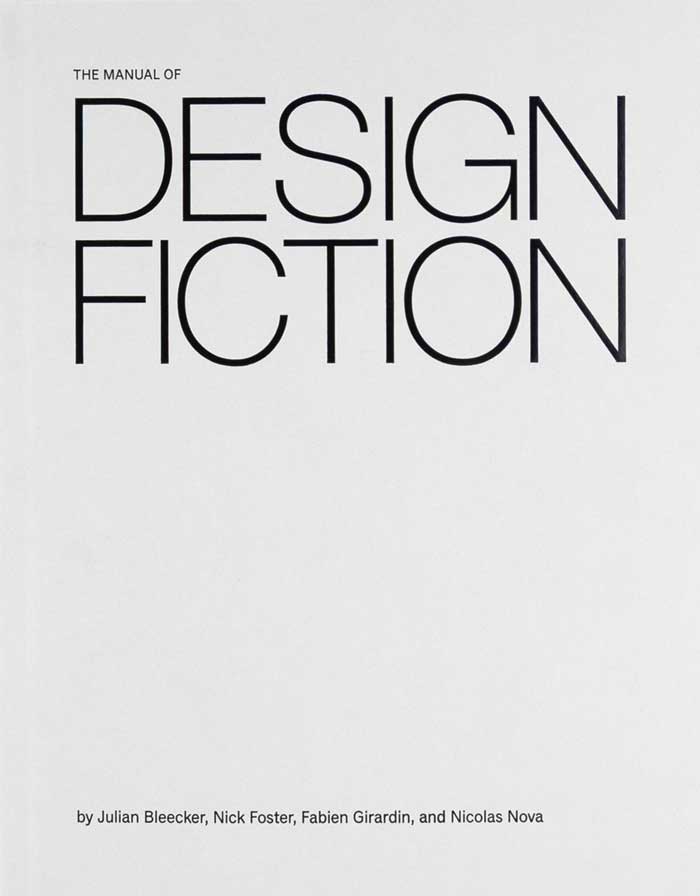
A Bestiary of the Anthropocene
Nicolas Nova, Nicolas Maigret, Maria Roszkowska
Equally inspired by medieval bestiaries and observations of our damaged planet, A Bestiary of the Anthropocene is a compilation of hybrid creatures of our time. Designed as a field handbook, it aims at helping us observe, navigate, and orientate into the increasingly artificial fabric of the world.
Plastiglomerates, surveillance robot dogs, fordite, artificial grass, antenna trees, Sars-Covid-2, decapitated mountains, drone-fighting eagles, standardised bananas… each of these specimens are symptomatic of the rapidly transforming “post-natural” era we live in. Often without us even noticing them, these creatures exponentially spread and co-exist with us.
A Bestiary of the Anthropocene seeks to capture this precise moment when the biosphere and technosphere merge and mesh into one new hybrid body. What happens when technologies and their unintended consequences become so ubiquitous that it is difficult to define what is “natural” or not? What does it mean to live in a hybrid environment made of organic and synthetic matter? What new specimens are currently populating our planet at the beginning of the 21st century?
Language: English






